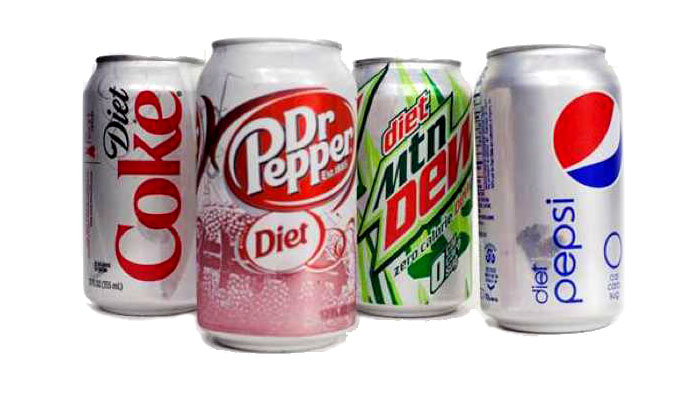Nearly 1 in 5 adolescents aged 12-18 years, and 1 in 4 young adults aged 19-34 years, are living with prediabetes, according to a new CDC studyexternal icon published today in JAMAexternal icon Pediatrics.
Prediabetes is a health condition in which blood sugar levels are higher than normal, but not yet high enough to be diagnosed as type 2 diabetes. The condition also increases the risk of developing type 2 diabetes, chronic kidney disease, heart disease, and stroke.
Experts say these numbers have risen over the past decade, putting young people at risk of developing Type 2 diabetes, heart disease and other conditions down the line.
“We’re already seeing increased rates of type 2 diabetes and diabetes-related complications in youth and young adults, and these new findings are evidence of a growing epidemic and a tremendously worrisome threat to the future of our nation’s health,” said Ann Albright, Ph.D., director of CDC’s Division of Diabetes Translation. “Additional research is needed to support the development of interventions for youth and increasing access to programs that we know work for young adults, like the CDC-led National Diabetes Prevention Program.”
READ MORE

We’re talking about Weight Loss Journeys & Diabetes with musical inspiration from Jennifer Hudson on November’s Diabetes Late Nite podcast. Guests include Vanessa Hunter, Dr. Wendy Rapaport PsyD, Dr. Stewart Harris, Patricia Addie-Gentle RN, CDE, and Autumn Reed. Throughout this podcast we will be featuring music from Jennifer Hudson’s self-titled album, ‘Jennifer Hudson’ courtesy of SONY Music.





